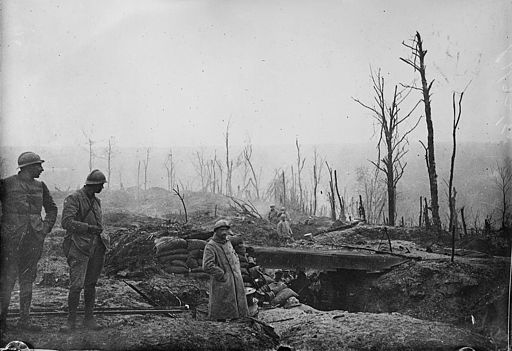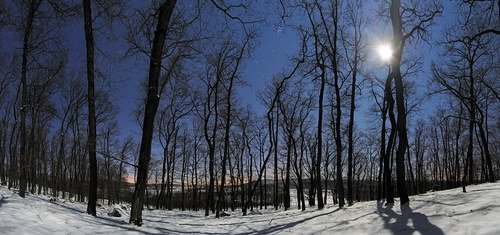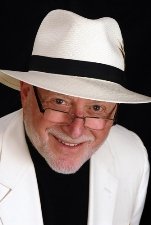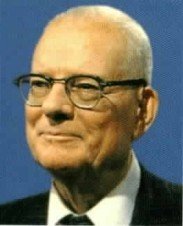It was Christmas Eve, 1914. The German soldiers had just retreated from another futile attack. The day was cold and wet. The trenches were filled with mud, blood, and the bodies of friends and enemies. Heavy snow began to fall. The wounded left behind would surely freeze during the night. The survivors had to prepare for the counter-attack that would come in the morning.

As usual, the nightly canons belched their deadly bombs. In spite of the noise and death that surrounded them, the men reflected on the many friends who were lost. Despair and hopelessness increased as the soldiers’ thoughts turned to Christmas, family, and home. Tomorrow would be Christmas Day. Rather than looking ahead with courage, the soldiers prepared themselves to die.
Then, along toward the mystic hour of midnight, with deep snow on the ground, a full moon in the sky, and stars shining down in the icy night, an incredible thing happened. The noise of the rumbling guns began to grow faint, and finally, the sound ceased altogether. Silence lay over the Western Front. The noise of battle gave way to a heavenly peace.

Deep in the German trenches, one young recruit, homesick for his family and aching for the joy of Christmas, began to sing, “Stille Nacht! Heilige Nacht! Alles Schalft, einsom wacht….”
His reverent voice pierced the silence and was heard by soldiers on both sides. Quickly, the thoughts of countless soldiers turned from the despair of war to the hope of Christmas. Soon the same song rose from the trenches of the French.
Next, the Dutch soldiers added their voices.
And finally, the British and Americans joined the angelic choir, “Silent night, holy night. All is calm; all is bright.”
Some of the German boys became so excited that they burst up out of the trenches. Their officers tried to restrain them, but nothing could hold them back. They ran across “no man’s land” (the ground between enemy trenches), reaching out their hands to greet the British. For two or three hours they fraternized. They were no longer soldiers. They were German boys from the Rhineland; they were Scottish boys from the Highlands, and they were English boys from the cities and the green fields. “Let the war stop,” they said, “it is Christmas Eve!”
This miracle on Christmas Eve, a brief pause from the horrific suffering of war, was one of the greatest events during World War I. It was one lonely night when humanity turned to love, and God whispered the comforting words, “Peace on earth, good will toward men.”
May our troubled world embrace this same wonderful message of hope, “Peace on earth, good will toward men.”







